Impunity lies at root
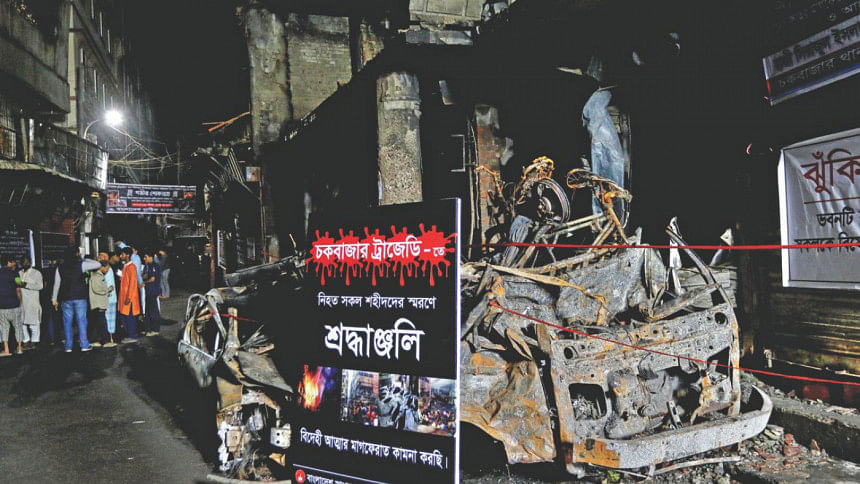
Fire tragedies are frequent in Bangladesh and often cause high casualties, but no one has ever been punished for their role in any fire incidents.
Between 2004 and 2018, at least 1,970 people have been killed in more than 2 lakh fire incidents across the country, according to fire service data.
After almost every fire incident, especially the major ones, police filed cases or general diaries. In some cases, survivors have also lodged complaints. But the cases saw little progress and the victims never got justice.
Take the 2010 Nimtoli blaze that claimed least 124 lives.
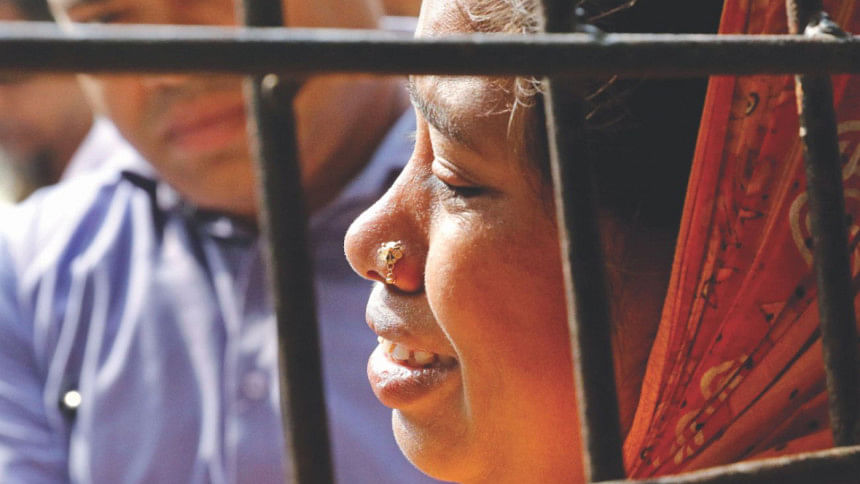
The fire originated from a stove in a building, which housed a combustible chemical depot on its ground floor. When the flames came in contact with the chemicals, it engulfed eight residential buildings and some 20 shops in a matter of minutes.
A relative of a victim sued the building owner, but the investigation has not moved an inch in the last nine years. No one has been arrested either.
"There is no record in this police station about the case,” said Saidur Rahman, officer-in-charge of Bangshal Police Station, who took charge two years ago.
Back in 2015, the then OC Abdul Kuddus Fakir said they investigated the incident based on a general diary. “But the suspect could not be arrested."
Experts say that this culture of impunity is the heart of the problem.
"Fire incidents would have certainly come down if the people responsible had been punished for their negligence,” said Iqbal Habib, an urban expert.
"To my knowledge, no one has ever been tried for any fire incident," he told The Daily Star yesterday.
The 2014 fire at Bangladesh Steel and Engineering Corporation (BSEC) building at the capital's Karwan Bazar is another example. No one was killed, but the fire caused serious damage to the building.
Police only filed a general diary after the incident. The same goes for the Bashundhara City Shopping Mall fire in 2016.
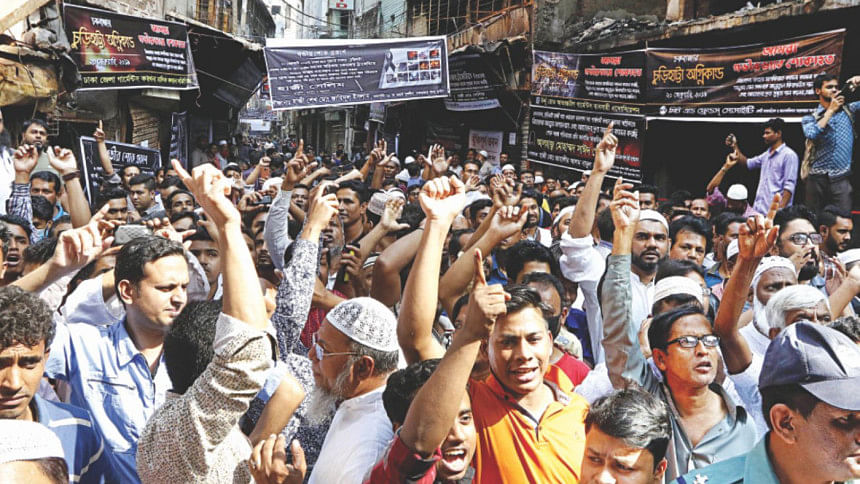
Contacted, Mazharul Islam, officer-in-charge of Tejgaon Police Station where both general diaries were lodged, said there was no progress in the investigation.
"This proves there is no rule of law in this case," said Prof Dr Maksud Helali, who teaches mechanical engineering at Buet.
Apart from the police, Rajuk and City Corporation can file cases over fire incidents.
"But I cannot remember if anyone has ever been accused of violating fire codes,” said Maksud, who was involved in the formulation of the National Fire Code.
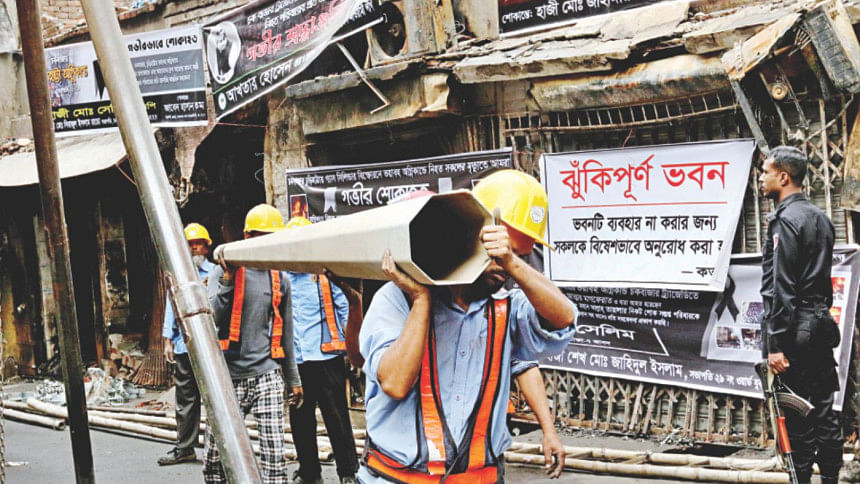
Violation of the code carries up to seven years in jail.
The cases over the Tampaco factory fire in Tongi have no mentionable progress either.
Mokbul Hossain, the factory owner, was sent to jail over the deaths of 39 workers in 2016. He is now out on bail.
"The cases are under investigation. We did not submit any report before the court yet,” said Kamal Hossain, the OC of Tongi Police Station.
The cases over the Tazreen Fashions fire, which killed at least 113 workers in 2012, are an exception. The two cases are now under trial in a Dhaka court.
Abu Nayeem Md Shahidullah (retd), former director general of fire service, said lengthy and complex legal process discouraged them from filing cases.
"Say, one station master files a case tomorrow. But by the time the trial will begin, he will be shifted elsewhere. So, he will have to travel for the case hearings. This discourages the fire service from suing the culprits,” he said.
He said he could not recall if anyone has ever been punished over fire incidents. But in a number of cases, mobile courts fined and tried some people during drives.
Ali Ahmed Khan, the incumbent DG of fire service, said many fire incidents were man-made disasters, but the conviction rate was very poor.
"Everyone finds out the loophole of the law and eventually get away with it. Most cases are forgotten with time, which is very unfortunate," he said.


 For all latest news, follow The Daily Star's Google News channel.
For all latest news, follow The Daily Star's Google News channel. 

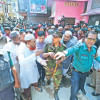





Comments